Featured Image: freepik.com/photoroyalty
E-waste is the Toxic Legacy of Our Age.
Ewaste has been a burgeoning problem for years now, but recent statistics indicate that the problem has gotten out of control. One of the main factors contributing to this problem is the lack or shortage of Ewaste recyclers. Simply put, there just aren’t enough eWaste recyclers at the moment.
The EPA estimates that there are about 2500 registered recyclers in the United States of America. These recyclers deal with nearly one million tons of eWaste each year. A mere dent in the humongous figure of 3.4 million tons of eWaste that Americans produce each year.
The Salient Services
There are a number of services that good eWaste recyclers offer. We at Hummingbird International, LLC ensure that we offer all these top notch services and much more.
• E-waste Collection / Pick-up Services
This service is not commonly found in recycling companies. Most companies expect you to deliver the recyclables to their office or plant. This discourages people to recycle because they are….lazy. Offering Ewaste collection from your doorstep ensures people recycle because they don’t even have to haul it out to the curb.
• Responsible IT Disposal Services
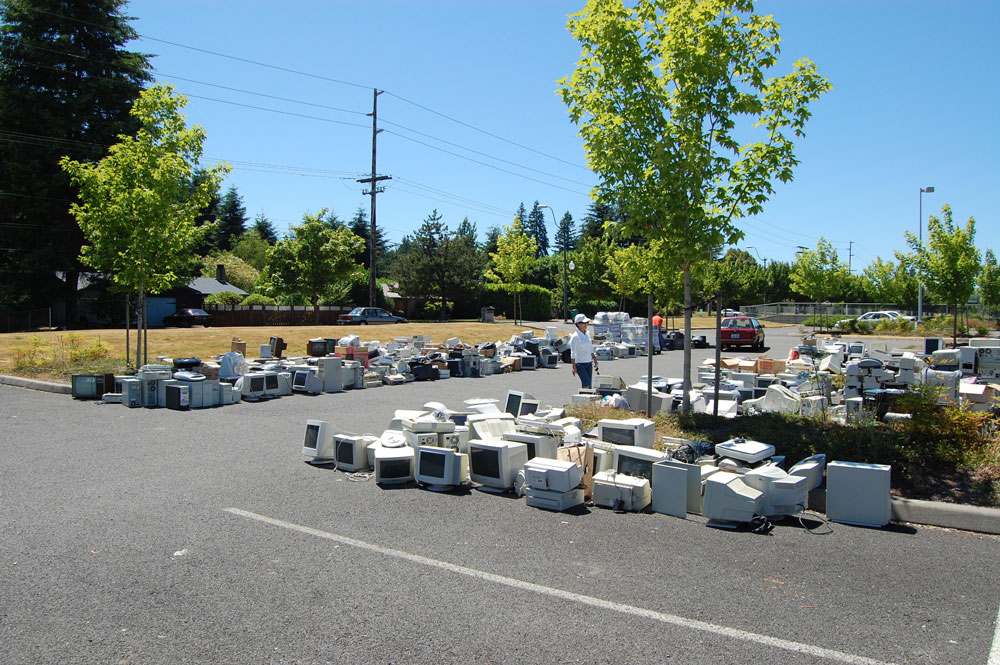
Image: Source
This is something to keep in mind when choosing an eWaste recycler, most recyclers give false assurances of proper disposal but fail to deliver. It’s important to do extensive research on an organization before you give away your eWaste to them. You don’t want to contribute to the child labor being utilized in African and Asian countries.
• Commercial and Residential Disposal
Most companies take their corporate and social responsibility very seriously, which is why commercial disposal is as important as residential disposal
• Hard Drive and Data Shredding Services
Recyclers tend to take data shredding or hard drive disposal very seriously. This is because companies and people alike view their data as very sensitive and would not like someone getting a hold of it. Look for a company that has various testimonials backing their credibility with data disposal.
• Computer Upgrade Services
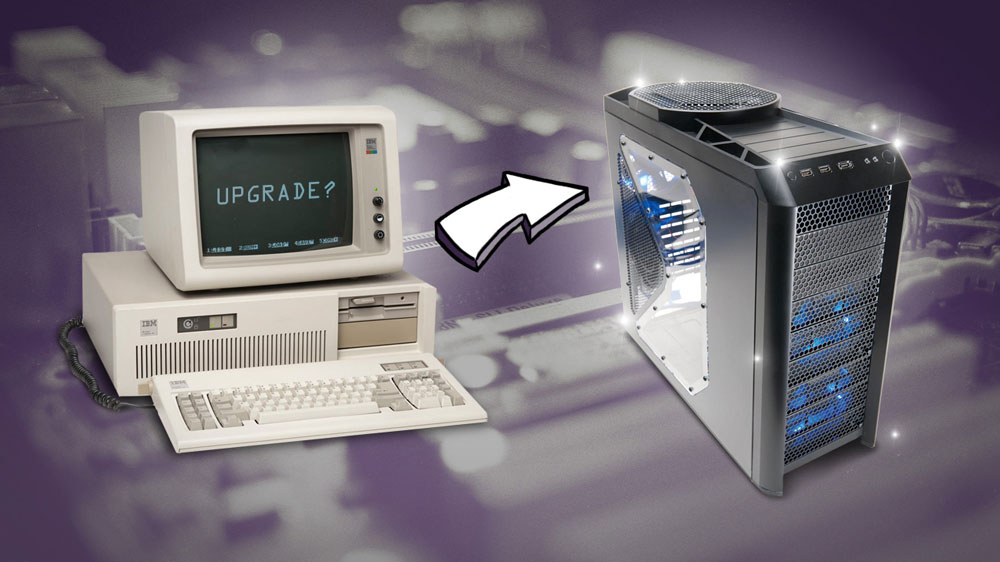
Image: Source
Hummingbird International, LLC is one of the select few organizations offering this feature, because for us it’s all about protecting the environment. With the world already drowning in cables and devices, why add one more to the toxic mix? Food recyclers offer computer upgrade services to ensure that your machine is running better than ever and that you don’t have to throw it out.
The Conclusion
Scrapping electronics should remain a last resort: we need to work to reuse and repair hardware as much as possible. Once electronics finally reach their end of life, let’s get them to responsible recyclers that can reclaim as much raw material as possible.
Hummingbird International, LLC ensures that the processes it follows comply with State, National and Local laws and regulations. Each recycling process is backed by an audit trail that allows our clients to keep track of their e-waste and know where it is being utilized. We also make sure that none of your disposal items cross international borders.

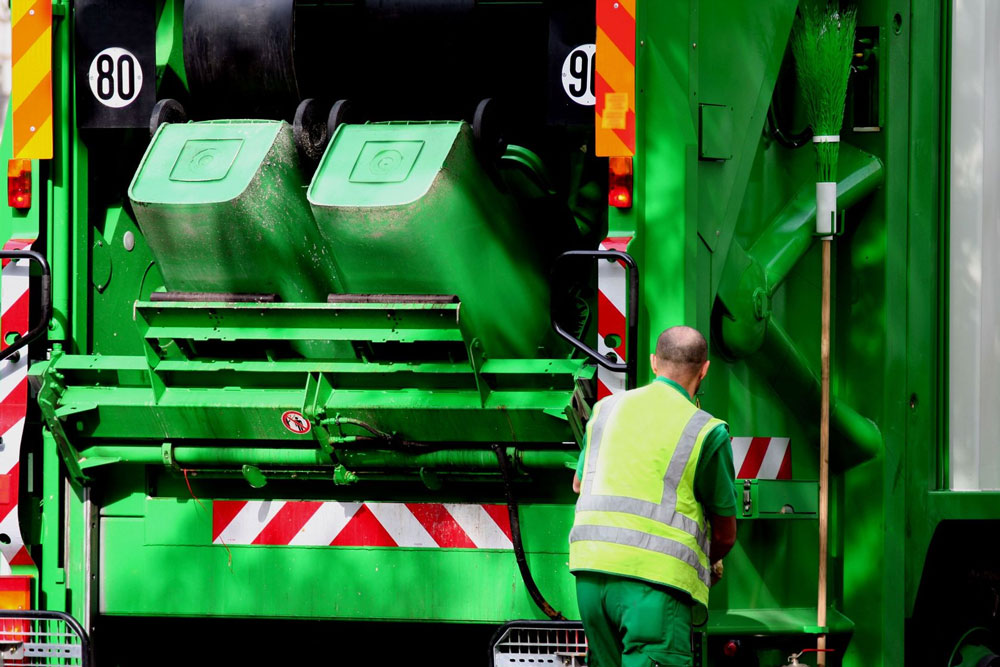
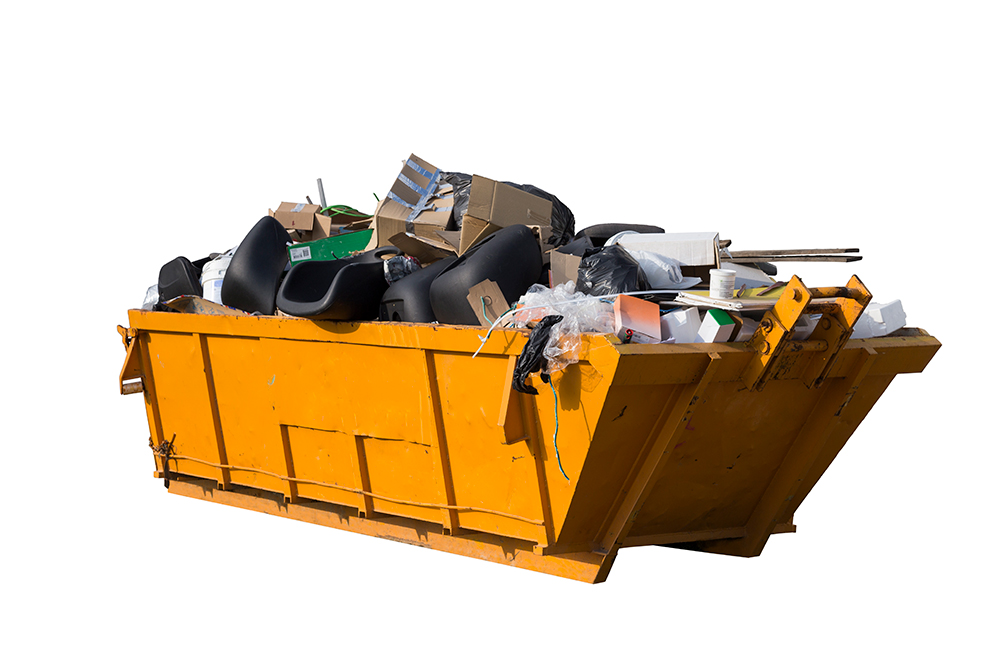
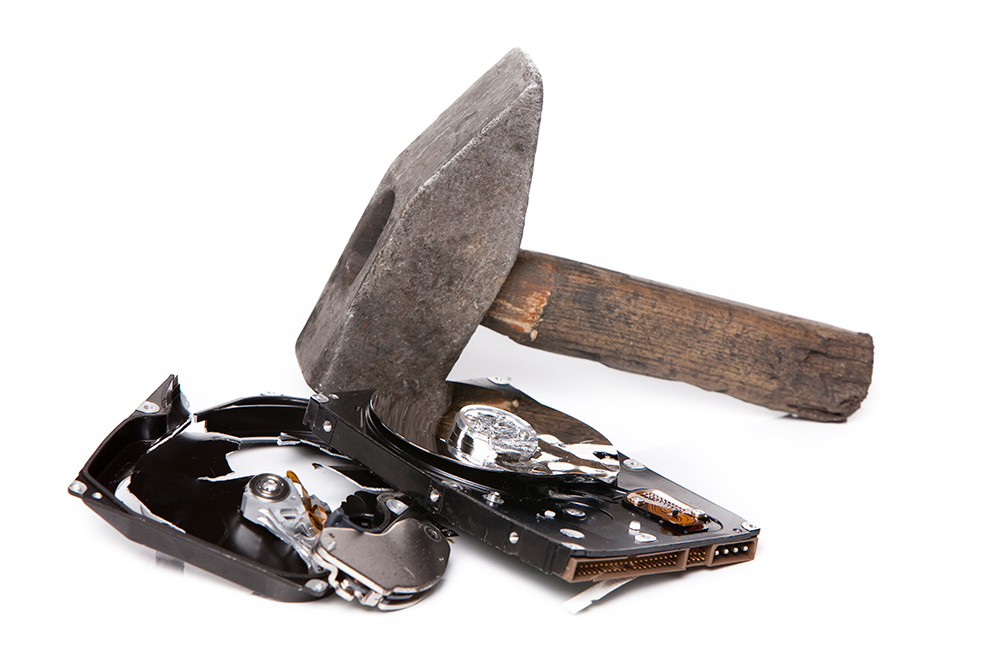

Leave a Reply